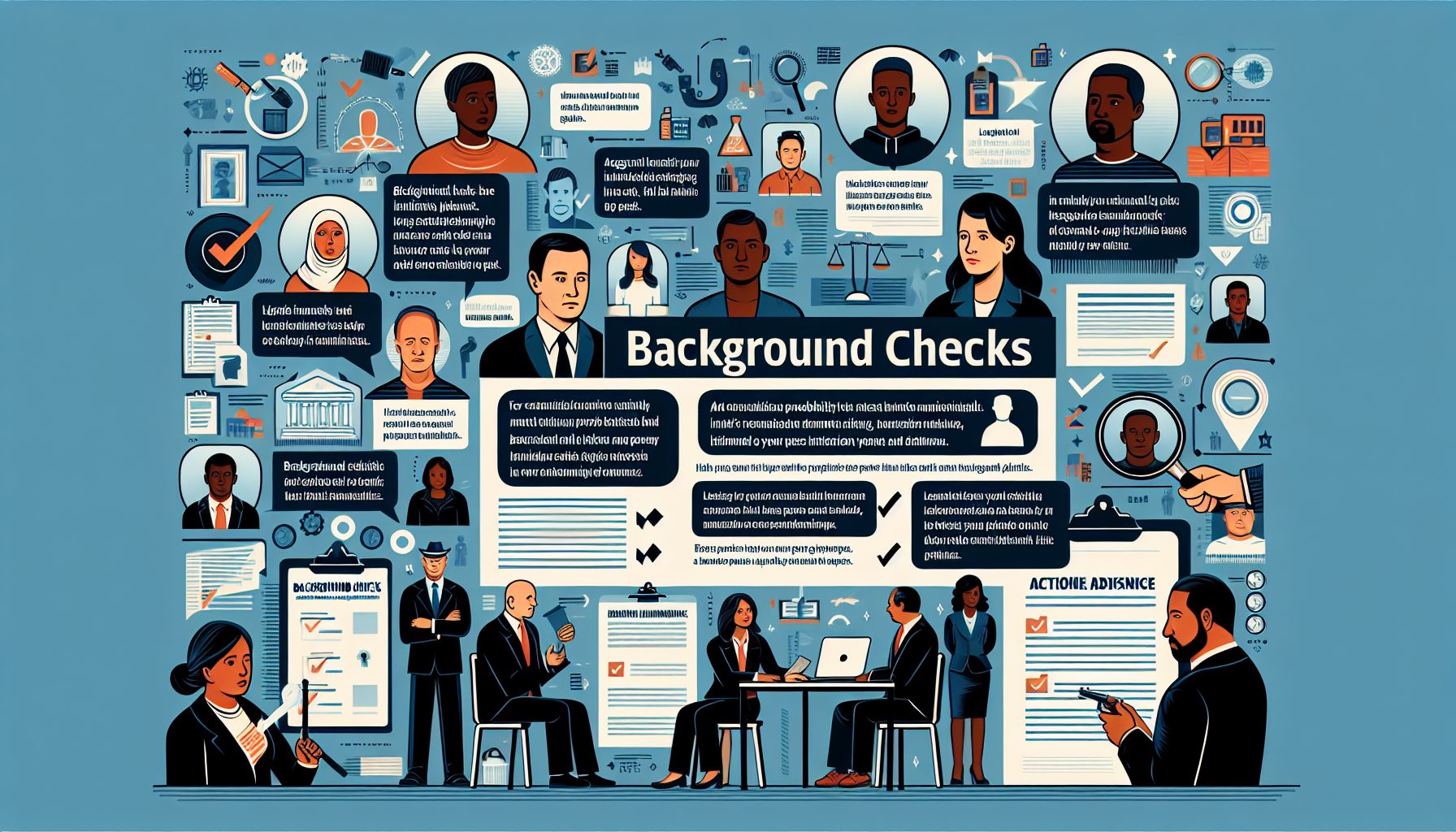In today’s hyper-connected world, the lines between the professional and the personal are increasingly blurred. As social media becomes an integral part of our daily lives, its influence has cascaded into the realm of background checks, presenting both opportunities and challenges for employers and candidates alike. This blog post explores the evolving landscape of social media background checks, providing insights into how these informal networks are reshaping the traditional vetting process.
Introduction
Background checks have long been a cornerstone of the hiring process, ensuring that candidates possess the credentials they claim and do not pose a risk to the organization or its employees. However, with the advent of social media, the scope of these checks has broadened considerably. Social media profiles can offer a wealth of information on a person’s character, interests, and behavior. But how should this modern tool be wielded in the professional context, and what implications does it have for privacy and fairness in the recruitment process?
Navigating the Social Media Landscape in Background Checks
The urge to peek into someone’s social media life during a background check is understandable. After all, the profiles might provide a more unvarnished view of an applicant than a resume or a controlled interview setting ever could. But while these platforms can reveal valuable insights, they also raise a host of ethical and legal concerns.
Ethical Considerations
When employers dive into a candidate’s social media history, they may encounter information that should not be used to make hiring decisions, such as religion, race, age, or health conditions. It’s essential to ensure that the information gathered does not result in discriminatory practices.
Moreover, there is the risk of coming across ‘protected class’ information inadvertently, which could bias a hiring decision, whether the employer is conscious of it or not. To mitigate this, some firms outsource social media screenings to third-party professionals who can filter out sensitive information and only report job-relevant data.
Legal Challenges
Privacy laws regarding social media checks are still somewhat nebulous, but they are tightening. The Fair Credit Reporting Act (FCRA) in the United States, for example, has certain provisions that are interpreted to apply to social media checks. Employers must obtain consent from candidates before digging into their online profiles and must comply with FCRA regulations if they use a third-party service to conduct the search.
Jurisdictions such as the European Union, with its General Data Protection Regulation (GDPR), have even stricter controls on the use of personal data, which includes information pulled from social media. Employers must be very cautious of infringing on privacy rights.
Best Practices for Conducting Social Media Checks
Creating a Consistent Process: To avoid selective searches that could be construed as discriminatory, employers should adopt a consistent approach, applying the same criteria to all candidates.
Understanding the Platform: Different social media platforms have varied purposes and norms. LinkedIn, for example, is intended for professional networking, whereas Facebook is more personal. Employers should weigh the context carefully.
Respecting Privacy Settings: If a candidate’s social media profile is private, it should generally be treated as such, just as with other personal information.
Documenting Findings: Keeping a record of what specifically influenced a hiring decision can be crucial if a company’s hiring practices are ever called into question.
Pick the correct background check service for your needs: There are many sources including online forums that provide info on what are the best background check websites, like this reddit post or this one that asked reddit members to vote for the best background check websites.
Conclusion
The intersection of social media and background checks represents a modern frontier fraught with complexity. Employers must balance the potential insights gleaned from online profiles against the ethical and legal implications of accessing this information. Navigating this frontier requires a thoughtful, structured approach, ensuring that social media checks are fair, consistent, and respect the privacy of candidates while still protecting the interests of the organization. As our virtual and professional lives continue to intertwine, the careful application of social media background checks will remain an evolving challenge for the contemporary workforce.




